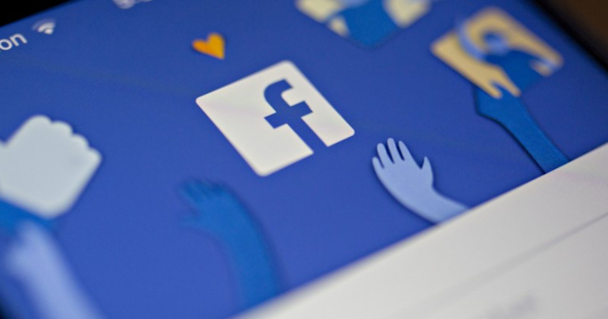WFA: brands must hold Facebook to account post-Christchurch terror live-stream
Following on from a month in which YouTube faced questions over paedophilic comments and Facebook was used to live-stream a New Zealand terror attack, the World Federation of Advertisers (WFA) is urging brands to put pressure on all social media platforms to do better.

WFA is urging brands to put pressure on all social media platforms to do better. / Facebook
The trade body is calling on its members (of which 80% are brand owners) and global marketers who are spending money with on these sites to “think carefully about where they place advertising”.
Though it appeared the brand safety crisis had reached its peak in the aftermath of YouTube’s ‘brands funding terror’ moment in 2017, the WFA said advertisers now have a “moral responsibility” to hold tech giants to account; instead of simply questioning their effectiveness and efficiency.
It stopped short of asking companies to freeze spending, though some have already done so on their own merit following on from recent controversies. Others, like Unilever, have pledged to "cut ties" with platforms that create division.
Multiple incidents on some of the world’s biggest digital platforms have prompted the WFA’s rallying cry. This includes the airing of a deadly New Zealand shooting on Facebook Live, in which the perpetrator directly addressed the camera before killing 50 people in Christchurch’s Linwood and Al Noor mosques.
New Zealand police urged the public and the media not to share the "extremely distressing" first-person 17-minute long footage, however, local and global did broadcast some elements of the video. In the UK, tabloids were also criticised for publishing the clip and, in some instances, running ads adjacent to it on their web pages. Excerpts from the video also found their way on to YouTube and Twitter.
WFA is standing alongside its member association and colleagues at the Association of New Zealand Advertisers (ANZA), which has just issued its own call asking for members to think carefully about where they place advertising and challenging platform owners to do more.
“This is not an issue of brand safety, this is a moral question to hold social media platforms to account – in the same way we do for traditional media,” says ANZA chief executive, Lindsay Mouat.
WFA chief executive Stephan Loerke agreed: “Marketers must reflect on the extent and terms on which they fund these platforms.”
He added: “Conversely, the platforms must do more to assuage the growing number of advertiser concerns,” he added, saying the WFA was committed to working with the platforms in a constructive manner in order to find solutions to these grave problems.”
The Drum has reached out to Facebook for reaction to the WFA’s push, at the time of writing it had yet to respond. Earlier this week it announced that it was to ban all "praise, support and representation of white nationalism and separatism" on Facebook and Instagram.
Google, which disabled comments on videos featuring children last month following revelations that “predatory” comments were being left underneath, said it understood the concerns expressed by the WFA.
In a statement, Michael Todd, Google’s head of ad industry relations for EMEA, said: “We’ve made significant progress in this area and we’ll continue to be open about how our products work and the work we are doing to keep our platforms safer, in addition to working with government, industry partners and society to achieve this".
A few weeks ago, YouTube admitted it may never be “100% safe” for brands.

